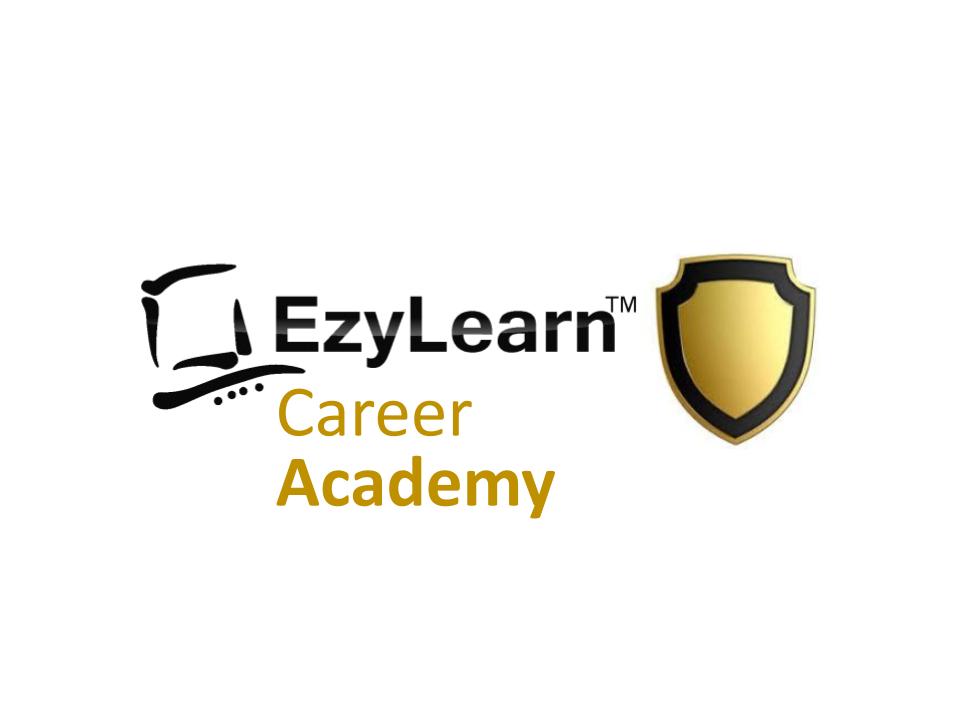Marketing, Advertising and Sales
There appears to be a lot of confusion amongst small business owners about the blurry lines that separate (or infact join) these three areas of business. They all share the common end goal of increasing the sales of products and services.
What is Marketing?
When you delve deeper into what Marketing involves you’ll discover (as we did in an interview with Michael Locke) that marketing is usually where products are invented. It’s the marketing department that knows that statistics of what is selling well, what people are looking for, trends in the industry and what they should sell next. If you think about companies like Kellogs who started out with the now commonplace corn flake you’ll see that they now have many many more products, some based on the original, but all with a unique “spin” on why you should buy and consume the product.
Marketing is about the message you want your potential and actual customers to hear about your company or brand. They are the messages that make prospects want to know more about your company and participate in what you offer.
Read more about marketing training courses..
Content Marketing
Content marketing is sometimes called blog marketing because it involves the regular creation of new content about your product, service or industry that is designed to demonstrate a good reputation, good knowledge and good customer service. Content is most commonly associated with blog pages (which include images and sometimes videos) at a website – and most small business websites are built using WordPress.
Depending on your business and your best way to get in front of people your content may consist mainly of
- images and pictures (like real estate agents and designers), or it may be
- articles and information about bookkeeping tasks that businesses need to do or
- videos about how to perform certain common tasks (a painter may share information about the work they do)
The purpose of generating and sharing content is to both get discovered by Google and start and continue a conversation on Facebook or Twitter (social media).
Email Marketing
Email marketing only works when you have something to share with your audience so it depends on the creation of content (Content Marketing). The key difference between just having the content on a landing page on your website or sharing micro posts on social media is that with Email Marketing you’re asking people to give you their email address so you have to offer something of value in return. You usually make an advertising offer and then get permission to keep sending information to that person so the term permission marketing is also regularly used.
Email marketing is a more active way of ensuring you remain in front of the eyes of potential customers and the big benefit is that when you create more new content you have a more active readership or (eyeballs) who’ll see the new content when it is published. Because anyone can enter an email address into a mailing list (ie. not their own), there are ways of ensuring that you are getting genuine subscribers and one way is called a Double Opt in where a confirmation message is sent and the person needs to click on it to be fully subscribed.
There are also strict Anti-SPAM rules that relate to email marketing where subscribers need to be able to “Opt Out” of your list and not receive further mailings if they don’t want to. This complexity has brought about dozens of new online services such as MailChimp, Campaign Monitor, Aweber, Constant Contact, GetResponse and many many more. The simplest and cheapest way of enabling people to subscribe to your blog posts is using a free service from Google called Feedburner.
Learn about the Email Marketing Course..
Social Media Marketing
With great content to work with and an audience to connect with you can create and maintain a buzz around your business and services and create a community of people who like you and can recommend you to their friends. Stay front of mind by leveraging your other marketing materials in a social media environment.
Read more about the Digital & Social Media Marketing Training Courses..
What is Advertising?
Advertising is about how you get the message of your product out there. How do you package the product with your service and what special offers do you offer to entice would be customers to buy your product. This can include:
Website Advertising
The most common, popular and well known form of advertising is Google Adwords and it enables you to combine the keywords and phrases that most of your customers use to discover your company and products. Once they discover you they usually want to get to know you a bit better before they buy from you and that can be achieved by a phone call, asking around to see what their friends think, reading testimonials or getting demonstration.
Print Advertising
Print advertising, like all advertising is often combined with the sales process – for example a telephone sales person might call some “Suspects” (people who have never heard of you), to let them know what you do and then follow that up with an email or letter in the mail. That letter may include a flyer or company brochure.
Print advertising might also include display ads or classifieds ads in the newspaper or a DL type flier that is mailed to all of the business in a select suburb.
What is Sales?
Sales is usually associated with the process of converting a prospect into a customer. Traditionally (and still the case in some industries), this happens by hiring a sales person whose job is to make constant and regular contact with prospects to take them through the sales funnel process. This sales person can be office based (or home-based as a Virtual Assistant) and do their work over the phone, or and on-the-road sales rep who organises meetings all day long and physically sees customers and prospects face to face to get them over the line.
The Sales Funnel
A sales person typically works with the sales funnel process where suspects are identified and their details collated into a spreadsheet. They are then usually called on the telephone to identify their level of interest and sent advertising information to support the call. If they are interested it is up to the sales person to progress that person through the sales funnel process to reach the decision stage where a prospect becomes a customer.
Sales Funnel Stages
With each step of the sales funnel process their is an increasing probability that that person will become a customer and it is commonly defined by CRM software like Zoho, Salesforce etc into these categories and probabilities:
| Known Opportunity | 10% |
| Needs Analysis | 20% |
| Value Proposition | 50% |
| ID Decision Makers | 60% |
| Perception Analysis | 70% |
| Proposal Quote | 75% |
| Negotiation Revue | 90% |
| Closed Won | 100% |
| Closed Lost | 0% |
| Closed Lost to Competitor | 0% |
Sales managers often use Sales Funnel (or Sales Pipeline) figures to estimate their revenue in the next quarter or for the next year and can also be used to provide an indicative value of your business.
Learn how to improve your sales with our Selling Academy training program for small business.
Interested in Sales and Marketing Courses?
These courses are an evolution of our Small Business Management course as we delve deeper and deeper into all aspects of starting, managing, growing and selling a small business.
Digital Marketing Courses
Read more about the courses we have in development and register your interest.
Facebook for Business Training Course
Google Adwords Training Course
Content Marketing Training Course
Digital & Social Media Marketing Course
 Individual Digital Marketing Courses & CPD Points
Individual Digital Marketing Courses & CPD Points
All of our Online, Website and Social Media marketing courses are available for one price and 12 months access but if you’re only interested in learning one software program or topic you should explore our Marketing Academy where each course is available separately.
Check out the Digital Marketing Academy







